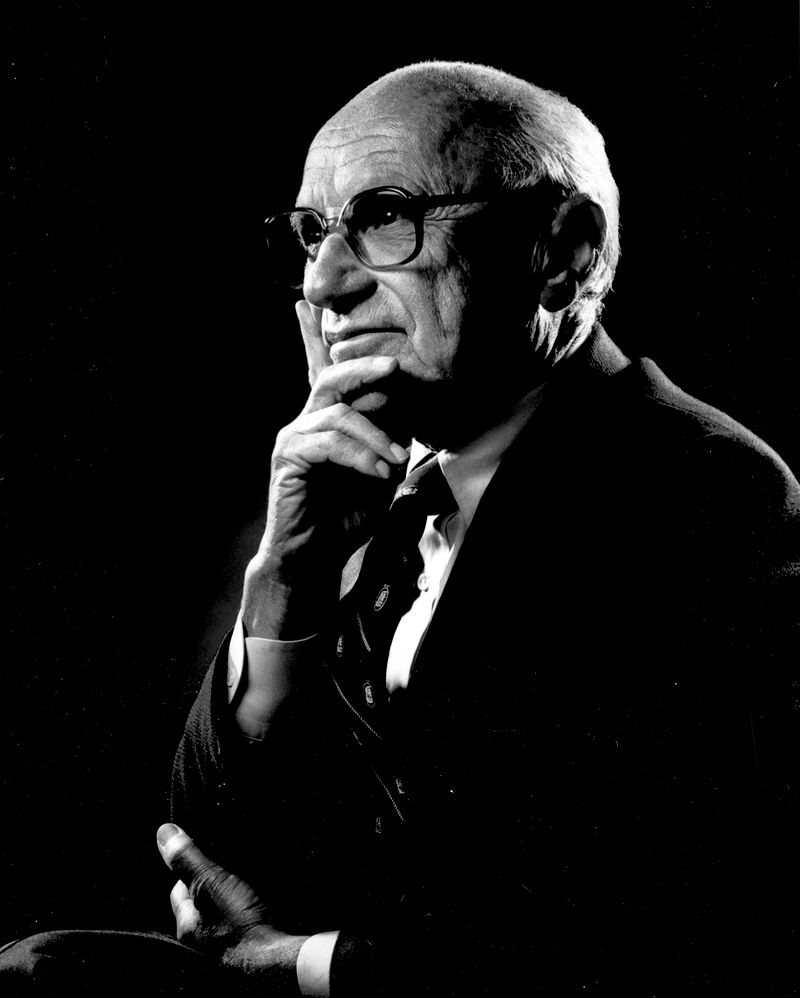Milton Friedman, a Nobel Prize-winning economist and leading advocate of free-market capitalism, was a strong proponent of free trade and firmly opposed to tariffs.

He believed that free trade promotes economic efficiency, consumer choice, and global prosperity, while tariffs distort markets, protect inefficient industries, and ultimately harm consumers by raising prices.
Friedman argued that even if other countries impose tariffs, it is still in a nation’s best interest to keep its own markets open. He viewed trade as a voluntary exchange that benefits both parties and saw government interference, such as tariffs and quotas, as economically damaging and politically motivated.
In his view, the best policy was unilateral free trade — reducing or eliminating trade barriers regardless of what other countries do — because this would benefit the domestic economy by allowing consumers access to cheaper goods and encouraging competition and innovation among producers.

